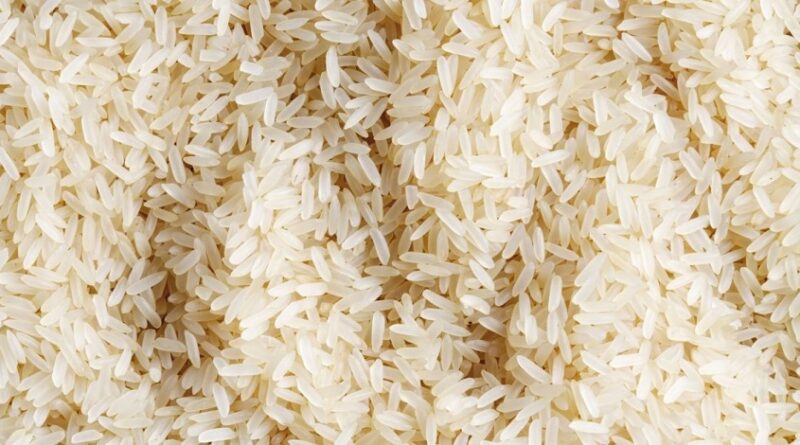AI-based rice analysers deployed by FCI trigger controversy in Faridkot (Punjab)
The introduction of artificial intelligence-based automatic grain analysers (AGA) by the Food Corporation India (FCI) to assess the quality of rice received from the millers has stirred a controversy in this area. The aim of the AI-AGA is to minimise the discretionary decision-making power in the grain handling by FCI officials at the ground level.
Punjab Rice Millers Association president Tarsem Lal said the AI-AGA was introduced to eradicate corruption in the FCI and devices were installed in all rice acceptance depots of the FCI in the state.
However, on February 15, the FCI again issued instructions to continue with the manual checking of the rice at the time accepting it from the millers. The obstacles in the use of AI machine were to continue with the corrupt practices, he said.
However, the FCI authorities said the performance evaluation of the AI-AGA machines at some locations revealed that there was a need for upgrading the machine-learning process by using the dataset of various samples at different locations in the state.
Area Manager (Quality Control) Rakesh Kumar said the FCI had started the use of AI-AGA machines, but on February 15, directions were issued to conduct manual inspections of the rice whenever it reached the marginal quality — very close to the permissible limit — to check the damaged, discoloured, and sprouted grains as well as the moisture content.
Lal said during a meeting held at New Delhi on February 20, the rice millers across the country had decided that the linkage of rice mills would be made through the FCI’s Wings app for rice storage.
Using the app, the millers would be provided space at the FCI depots within 48 hours of the delivery of rice, but they would have to wait for 4-5 days even with the availability of the space at their prime depots, he said.
The millers were already passing through a difficult phase due to a delayed start of the mills. In March, the broken percentage in rice should increase due to high temperature, which would cause huge losses to the millers, he said. While the mill period has almost come to an end, only 25 per cent milling of paddy has been completed in the state due to a delayed start in the milling process.
This article has been republished from The Tribune

